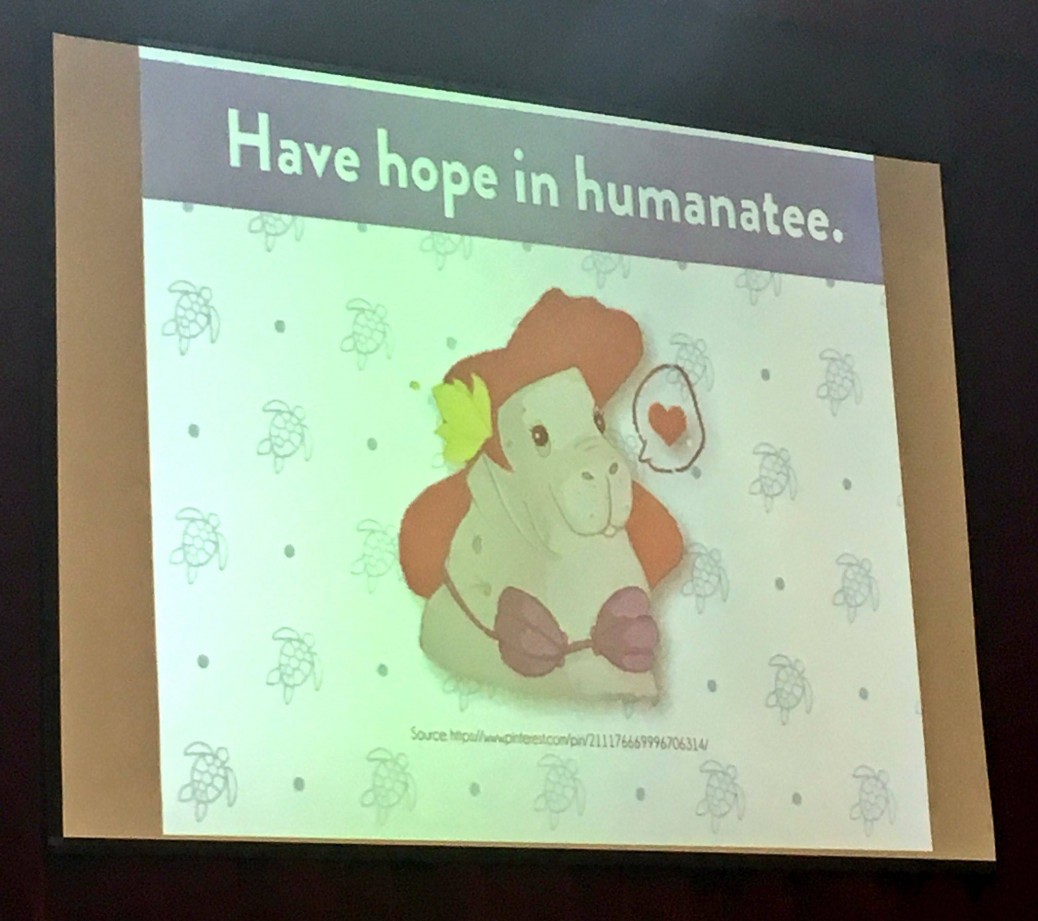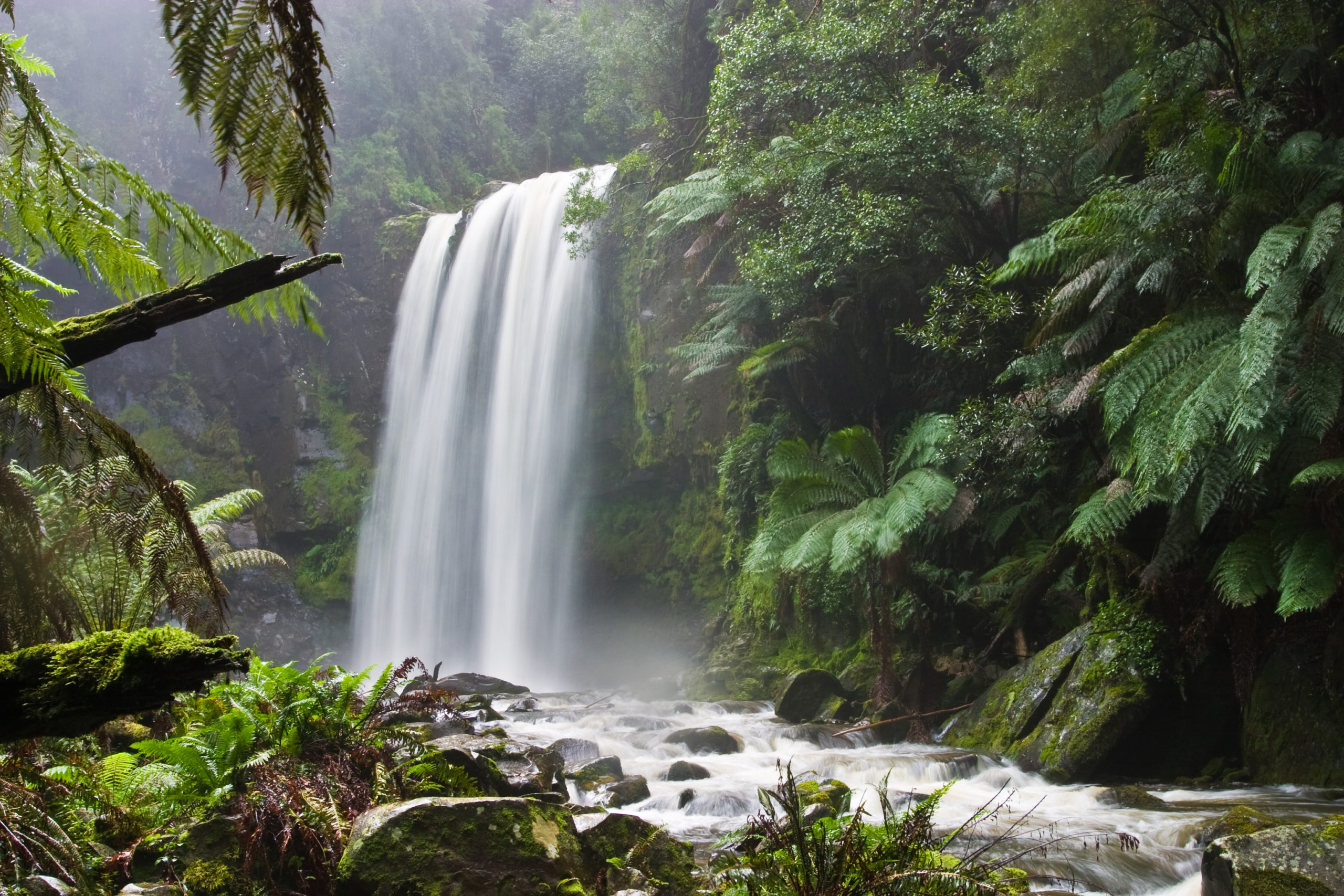
-
Conservation optimism is about planning for the future, not just holding the line’
Elizabeth Bennett. Conservation optimists are focused on making positive change and taking real steps forward for recovery, turning passion into practice.
-
It’s a powerful movement that’s growing fast
Thanks to the drive of hundreds of motivated and inspirational conservationists.
-
We need to widen who can call themselves a ‘conservationist’. As Heather Koldewey spoke about at the Summit, anyone can be a conservationist.
You don’t have to have a science degree – This is for anyone from any discipline, with concern for our environment and the drive to work to protect it for future generations. No lab coat required.
-
The passion showed by young people is the engine of the movement.
School children’s voices have been seen to have strong weight in political decision-making, and the skills and optimism shown by young conservation professionals entering the field will help to drive the movement forward.
-
There’s a real practical element to the movement.
The ‘let’s focus on what works’ attitude is strong, with partnerships and strategy sharing at the heart of the movement.
-
Conservation optimism isn’t a quick fix –
It’s about laying strong foundations and setting up networks of people to support this movement, thereby establishing a new positive approach that will show results on the ground over time.
-
We need to get cleverer with our communications.
There are so many great things happening for the environment all over the world, but as conservationists, we all need to do our bit to make sure the news leaves our bubble and reaches the public. This is how we can help encourage ocean-friendly public behaviour changes.
-
Persistence is key, even if you feel like you’re not getting anywhere.
Conservation optimists can be the drivers of positive attitudes, but even the most optimistic of us will have bad days. It’s about continuing with what we know works, and allowing all the little things to add up to positive change.
-
There’s interest in setting up other Conservation Optimism Summits around the world.
Africa and the Philippines were mentioned as places where future Summits would be well received, and holding these conferences would help to propel the development of the movement.
- We need to keep conservation optimism as something that is owned by everyone –It’s a movement, not an organisation or a business. It’s got potential to be taken forward by individuals, groups of people or wider networks who see ways to promote optimism around an issue or a place, and it’s the creativity of optimists who are going to make optimism one of the most powerful tools we’ve got.
Cover picture from Anna Oposa’s plenary talk at the Conservation Optimism Summit in London, April 2017.


